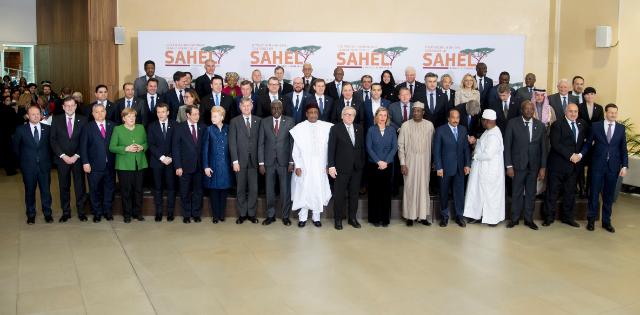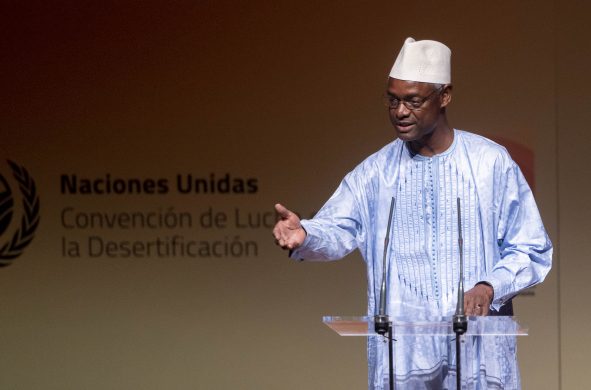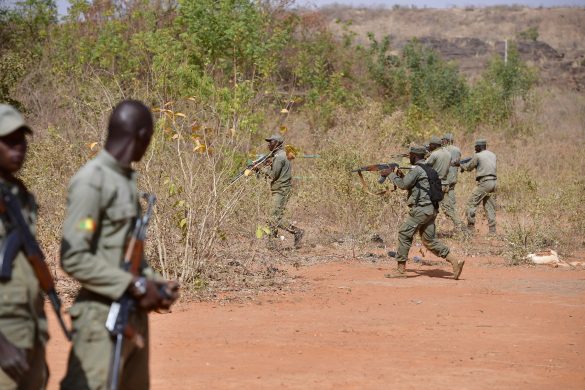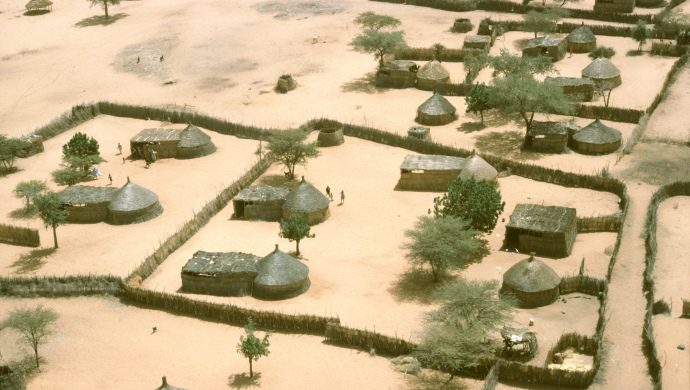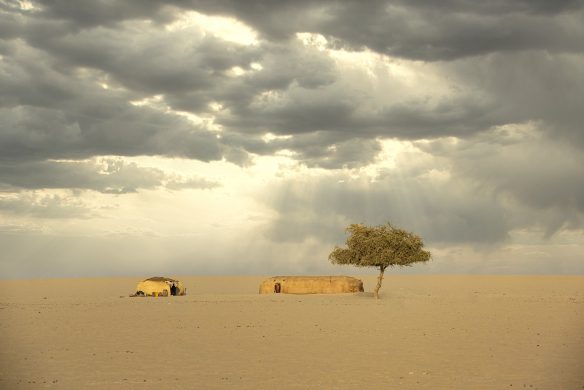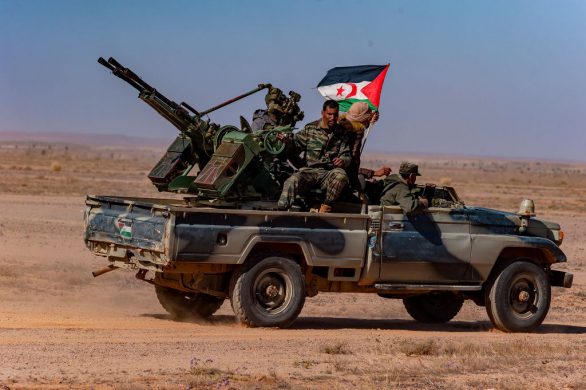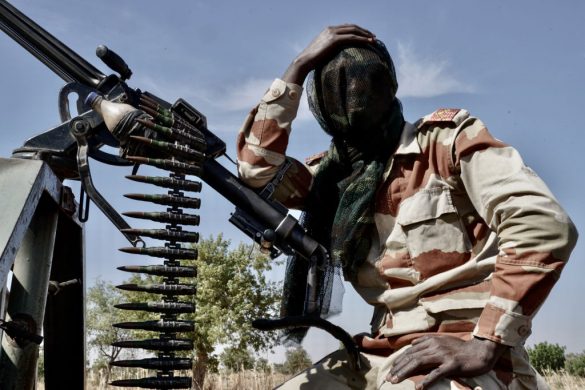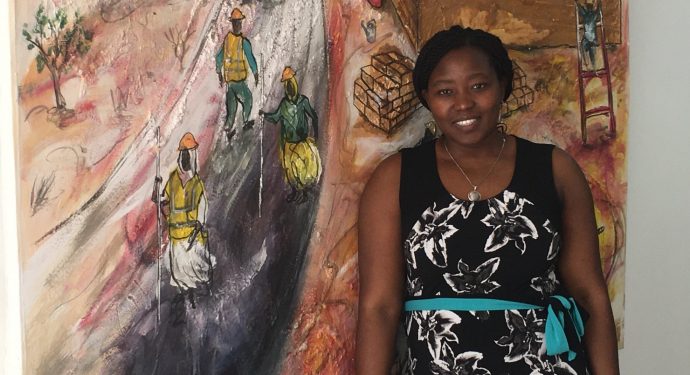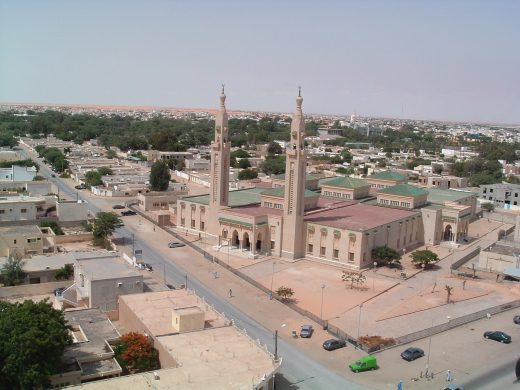Two slavery-related court victories on May 16 and May 17 were hailed as potential ‘game changers’ for slavery in Mauritania, according to the organisation Anti-Slavery International:
On May 17 the Supreme Court freed anti-slavery activists Biram Dah Abeid and Brahim Bilal jailed over 20 months ago for a peaceful protest against slavery practices. The Court downgraded the charges, and the activists were able to walk free.
The previous day had seen the first ever conviction by the Special Courts for slavery, introduced last year alongside a new anti-slavery law.
Two slave-owners Sidi Mohamed Ould Hanana, 75, and Hlehana Ould Hmeyada, 31, both received a five year prison sentence, with one year to be served and four years suspended, and ordered to pay significant compensation to two female victims, Fatimetou Mint Hamdi and Fatimetou Mint Zaydih.
The case, brought to the court by Anti-Slavery International and its partners SOS-Esclaves, is extremely significant. This conviction is only the second ever in the country, where the perpetrator in the only other case was freed on bail and has never served his sentence.
The slave owners convicted yesterday come from a highly influential and powerful family. A full public hearing was held, with the masters held to account before one of their former slaves.
Sarah Mathewson, Africa Programme Manager at Anti-Slavery International said: “This conviction is a really big step forwards for Mauritania. For the first time the authorities are moving beyond empty promises to hold slave-owners to account.
“It also gives lie to the President’s claim that slavery no longer exists in Mauritania. This judgment will likely have an enormously empowering effect on people in slavery, and will act as a strong deterrent on other slave-owners. It could be a real game changer.”
“We are also thrilled that the anti-slavery activists unjustly imprisoned for their peaceful campaign have finally been released. We will continue to support them in their efforts for justice, freedom and equality in Mauritania.”
Maitre Mohameden Elid, the lawyer of slave descent himself, who represented the victims as part of a joint project by Anti-Slavery International and SOS-Esclaves to help victims of slavery seek justice, said: “It was a real privilege to be the first lawyer to argue a slavery case in the Special Slavery Court. We have hope that this will pave the way for more convictions.”
Judge Aliou Ba, head of the Nema anti-slavery court, said that these sentences were intended to send a message to all Mauritanians that these cases will be taken seriously, and that cases will be vigorously prosecuted by the new courts. He added that he personally has eight other pending slavery cases on his docket.
Carla Clarke, Senior Legal Officer at Minority Rights Group International, who work alongside Anti-Slavery International on slavery in Mauritania, said: “MRG very much welcomes this first prosecution under the 2015 anti-slavery law and looks forward to the many other victims of slavery in Mauritania finally seeing justice.
“At the same time, we are concerned that the sentence handed down is far less than the 10 to 20 years set down in the law and the conflicting message this sends to slave owners. We hope that in the coming months a much clearer signal will be sent to slave owners with tougher sentences being handed down by the courts.”
Who are the victims?
Fatimetou and Fatimata, both aged between 35 and 40, had lived with the Ould Daoud family since birth, as their slaves. They both escaped with their children last year with help from local SOS-Esclaves activists, a network trained and supported by Anti-Slavery International. The women and their families have been supported by SOS-Esclaves since then.
The two defendants had both pleaded not guilty. Fatimetou attended the public trial with SOS-Esclaves and spoke very compellingly about what she had suffered. According to witnesses, ‘once she started talking, she couldn’t stop’.
When the masters were denying the charges, she began crying out: ‘That’s not true, you know what we were to you!’
Background on slavery in Mauritania
Mauritania is one of the last countries where people are still born into slavery and literally owned by their masters, facing a lifetime of abuse and forced labour. They can be bought and sold, given as gifts and are at complete mercy of their masters. Women are commonly raped and forced to bear their masters’ children, who in turn also become their slaves.
Mauritania has long been under domestic and international pressure to enforce the law, but most anti-slavery initiatives so far have proved to be empty promises.
However, the new law passed last year includes positive elements, including the possibility of civil society organisations bringing cases to courts in behalf of the victims. This was crucial in this case: although one of the women was put under pressure to negotiate an out of court settlement with her former masters and withdraw her complaint, SOS-Esclaves’ lawyer, supported by Anti-Slavery International, still managed to bring the case to court. Recent appointment of a new Minister of Justice, also from a Haratine background, has been a positive development.



